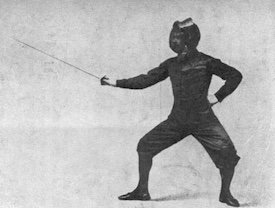Headphones: STAX SR-007 MK2.9, Hifiman Susvara, STAX SR-009S, Sennheiser HD800S, Audeze LCD-5, Audeze LCD-4, Hifiman HE6se, Hifiman HE1000V2, DCA Aeon 2 Noire, Focal Clear, STAX LNS, T+A Solitaire P, Sennheiser HD800, ZMF Verite Closed, Aeon RT Closed, Sennheiser HD 6XX, Sennheiser HD 600, Abyss 1266 TC, Audeze LCD-XC 2021, Audeze LCD-X, Focal Utopia, Audeze LCD-2.2, ZMF Auteur, Hifiman Arya, Focal Elegia, Stax SR-009, Stax SR-L300 LIMITED, Fostex T50rp mk3 Open Alpha, HEDD HEDDphone, Nectar Hive, Focal Stellia, Hifiman Edition XS, beyerdynamic DT-770 Pro, STAX SR-307, Fostex T50rp, Denon AH-D5000, ZMF Aeolus, Meze Empyrean, Modhouse Argon Mk2, Modhouse Argon Mk3, Fostex TH-X00 | Amps: Audiovalve Solaris, KGSSHV Carbon, Stax SRM-727II, Flux FA-10, Cayin iHA6, Kinki Studio Vision THR-1, Topping A90, Toping A30 Pro, Topping DX3 Pro+, Fostex HPA4BL, Woo Audio WA22, Violectric HPA V200, THX AAA 789, Audio GD R28, RebelAmp, Darkvoice 336SE | Source: Holo Spring 2 L2, RME ADI-2 DAC FS, Benchmark DAC 1, Denafrips Ares II, Audio GD R28, Schiit Bifrost 2, Fostex HPA4BL, Hifiberry, Topping D90, Schiit Modius, Sabaj D5, SMSL SU-8, SMSL M200 | IEM: CA Andromeda 2019, UM Mest mk1, Sony IER-Z1R, 64Audio U12t, Shure KSE1200, FiiO FD5, Sennheiser IE600 | Speaker: KEF LS50, KEF R3, KEF Reference 1, Neumann KH 120, Burchardt A400, Elac Vela BS 403, Linn Komponent 110, Wharfedale LINTON





















